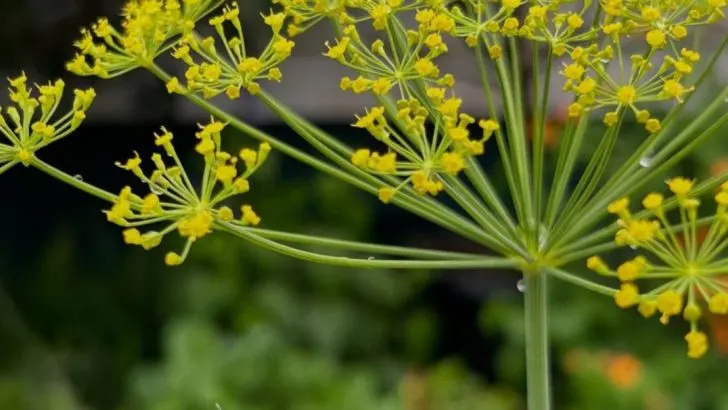When most gardeners think of herbs, they jump straight to basil, parsley, or rosemary—and overlook one of the most versatile, easy-to-grow, and flavorful herbs out there: dill. This feathery green doesn’t just belong in pickles—it deserves a prime spot in every herb garden.
In this article, we’ll explore why dill is far more than a garnish. From its surprising health benefits to its role as a magnet for pollinators and a companion plant powerhouse, dill proves it’s the quiet MVP of garden herbs.
It’s time to give dill the spotlight it’s long been denied.
Dill’s Culinary Charm
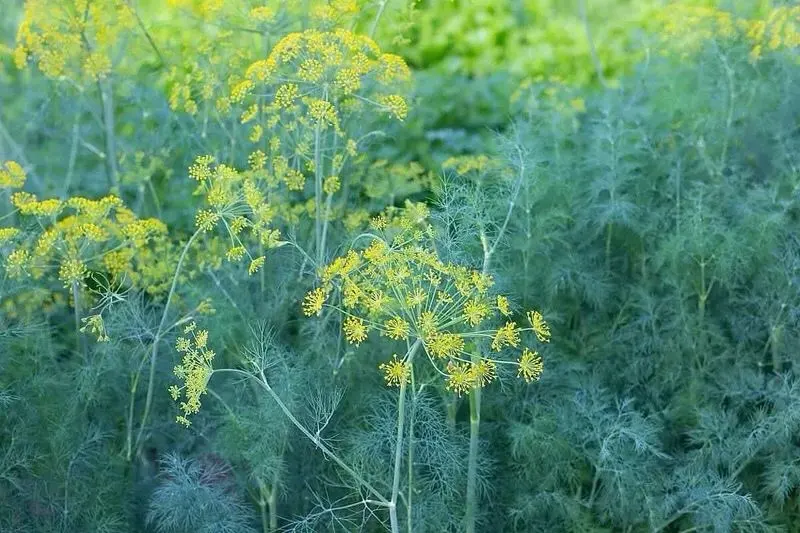
In the culinary world, dill holds a special place for its delicate flavor that seamlessly complements various dishes. Imagine freshly chopped dill sprinkled over a cucumber salad, adding a refreshing zest that elevates your meal. Beyond salads, its role in pickling can’t be ignored. The aromatic leaves infuse pickles with their signature taste, making them a favorite among many. Dill’s versatility extends to soups and stews, where it imparts a subtle, yet distinct taste. If you’ve never experimented with dill in your cooking, now might be the time to start.
Health Benefits Galore
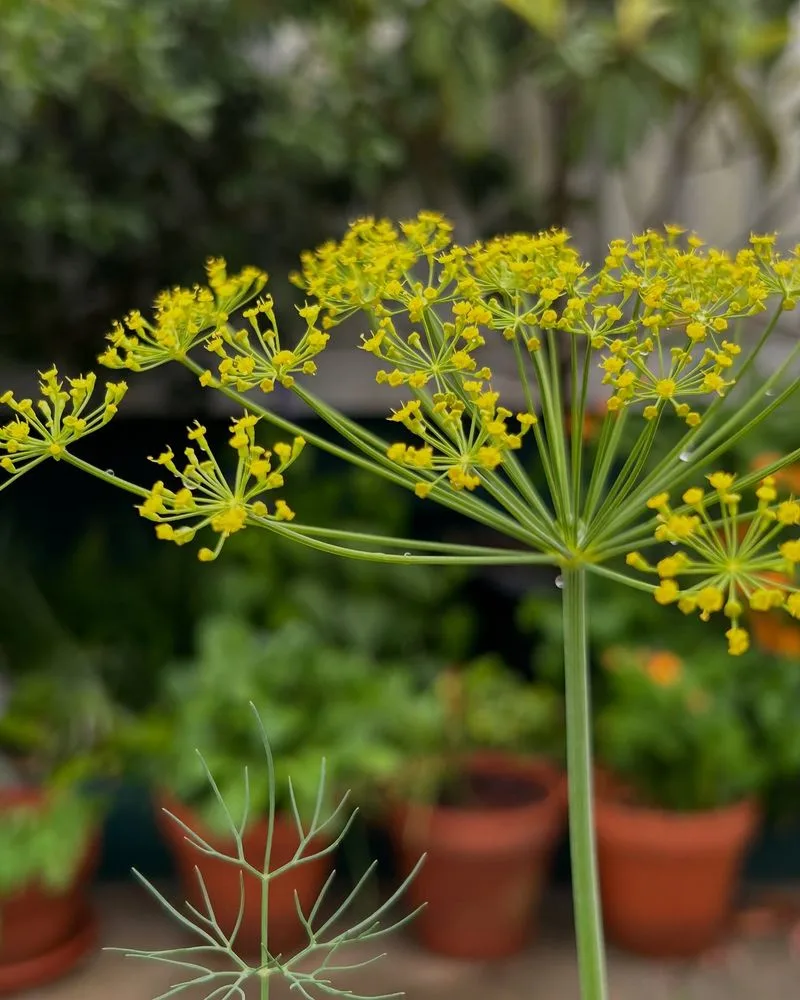
Health enthusiasts might be surprised to know that dill is more than just a flavor enhancer; it’s packed with health benefits. Rich in antioxidants, dill aids in fighting free radicals in the body, potentially reducing the risk of chronic illnesses. It’s also known for its anti-inflammatory properties, which can support joint health. Consuming dill may assist in digestion and help with sleep issues due to its calming effects. Including dill in your diet isn’t just about taste—it’s a step towards a healthier lifestyle.
Gardening Delight
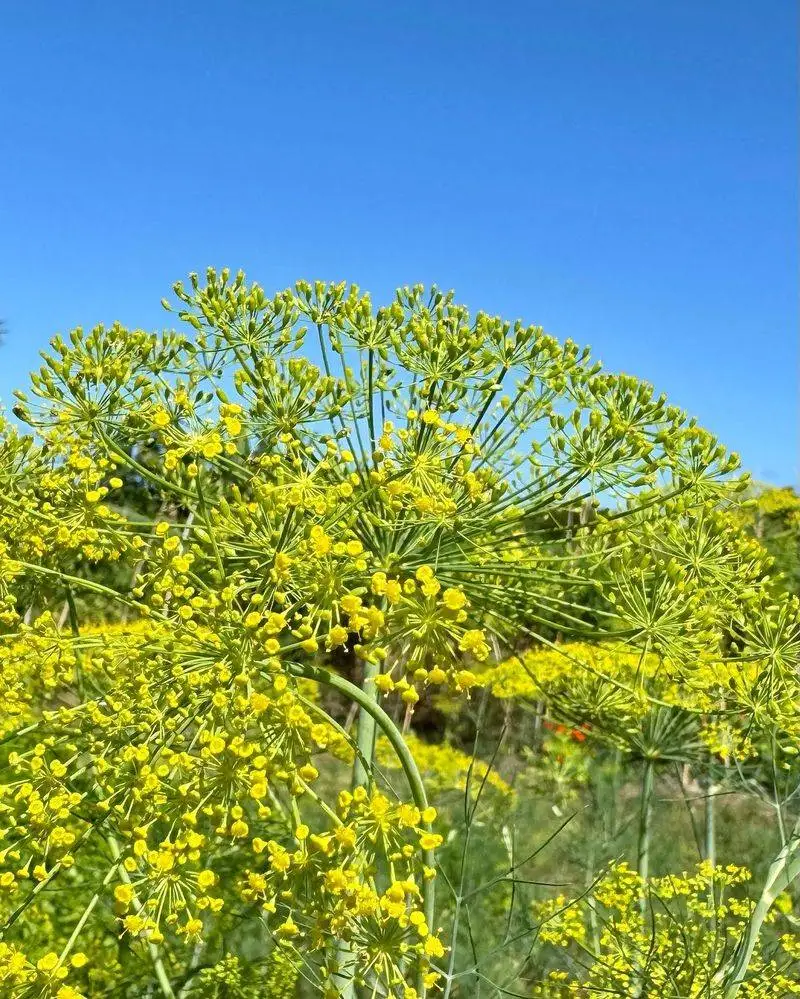
Gardeners will appreciate dill’s easygoing nature; it’s a breeze to cultivate, even for novices. This herb thrives with minimal care, making it an excellent choice for those new to gardening. Its feathery leaves add visual interest to garden beds, beside other herbs or vegetables. Dill’s presence in your garden can attract beneficial insects, helping with pest control. Planting dill not only boosts your garden’s aesthetics but also its ecosystem. Enjoy the simplicity dill brings to your gardening efforts.
Aromatic Appeal
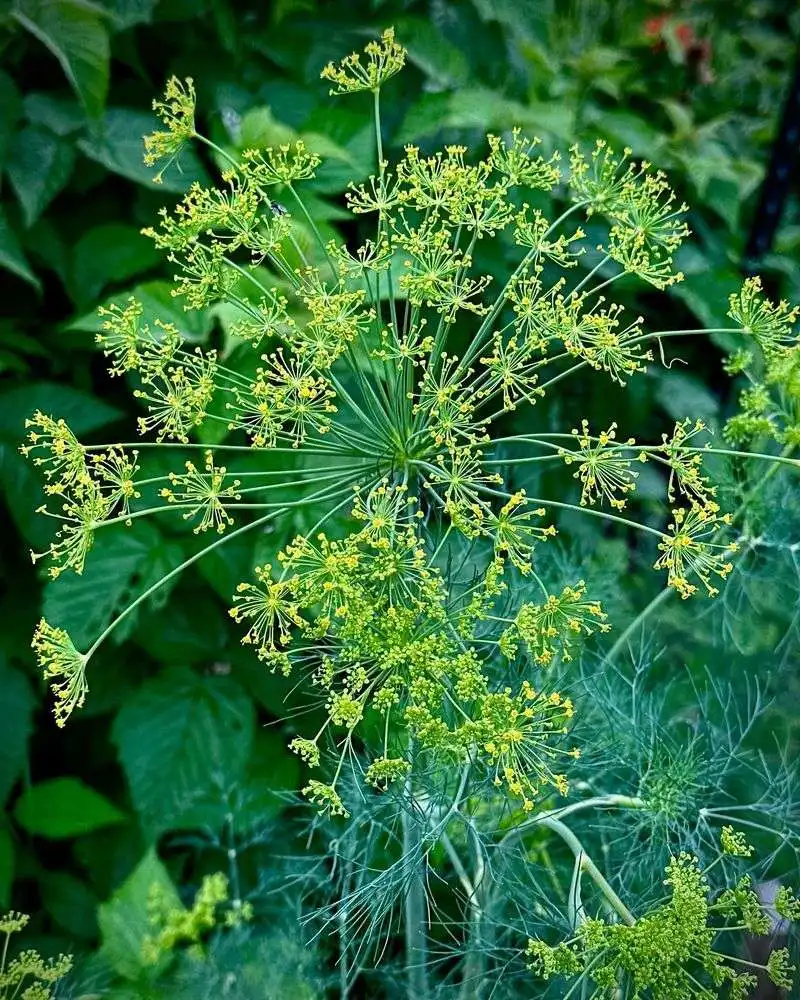
The aroma of dill is unmistakably delightful, with its fresh, slightly sweet scent that pairs beautifully with many culinary creations. Picture a pot of hot soup, where dill leaves enhance the aroma, making every meal preparation an olfactory experience. The scent of dill can invigorate your senses, providing a comforting and inviting atmosphere in your kitchen. Whether used fresh or dried, dill’s aromatic appeal is undeniable, making it a staple in aromatic cooking.
Cultural Significance
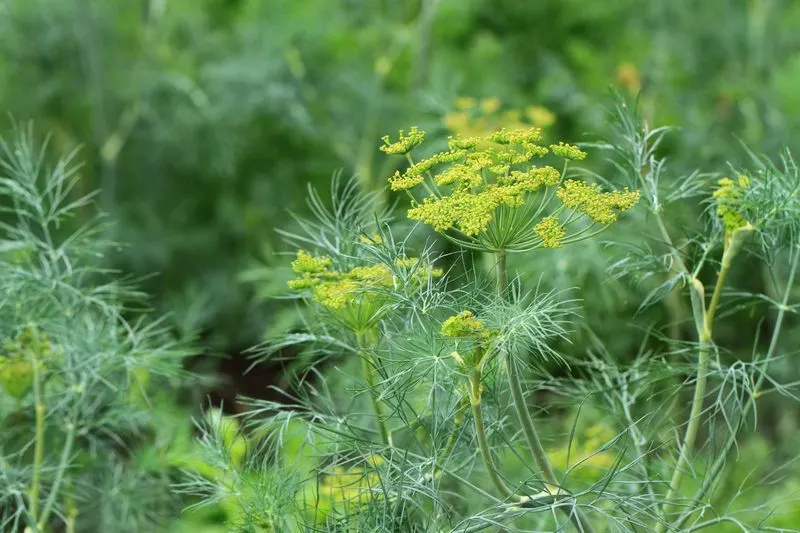
Dill’s cultural roots run deep, especially in eastern European cuisines where it’s a staple. Historically, dill has been used in traditional dishes, passed down through generations. Think of borscht or dill pickles, where this herb plays a crucial role in flavoring. Its significance goes beyond taste; dill often symbolizes protection and good fortune in folklore. The historical and cultural ties to dill enrich its value, making it a cherished herb in many households worldwide.
Versatile Companion Plant
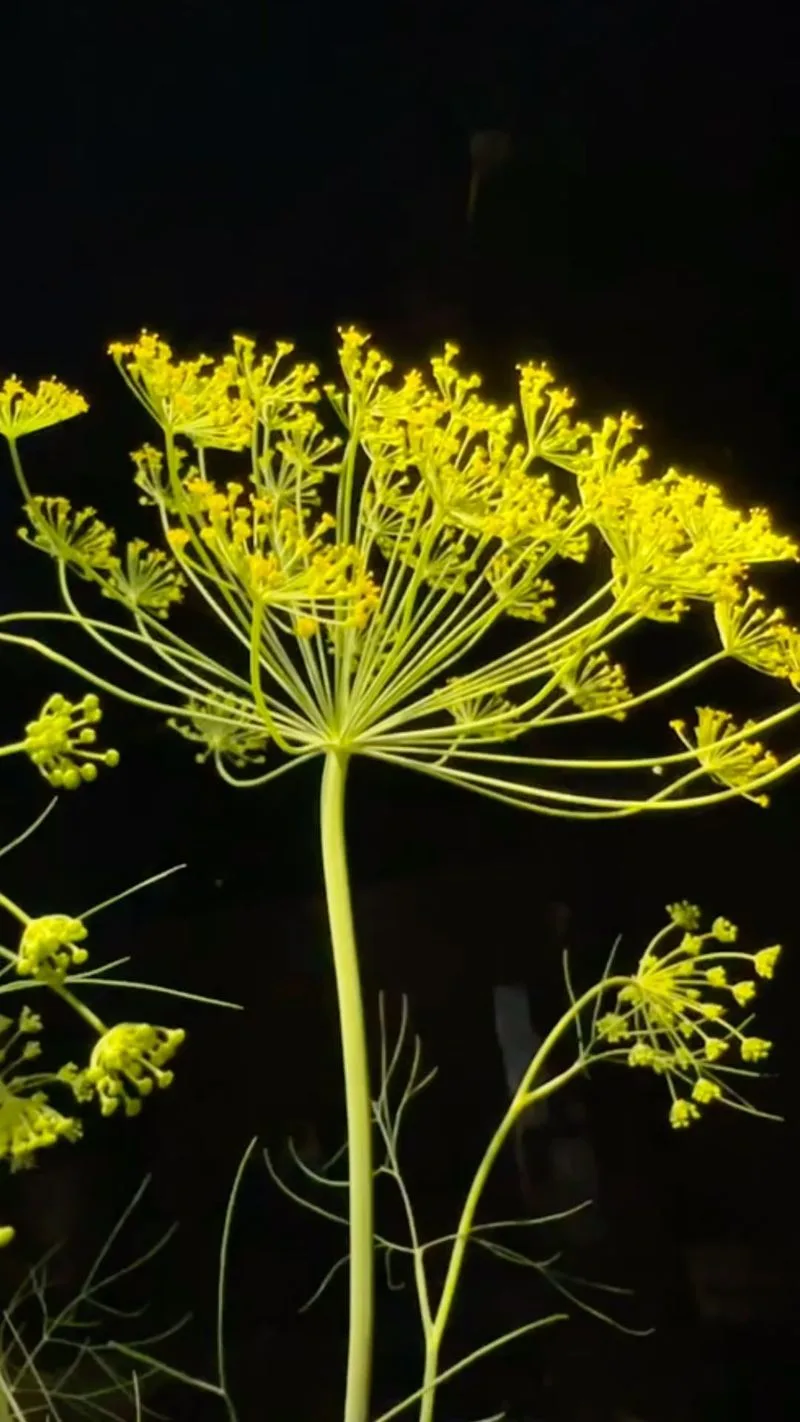
In gardening practices, dill serves as an excellent companion plant. Its ability to attract beneficial insects, like predatory wasps, aids in pest management naturally. When planted alongside tomatoes and cabbage, dill can enhance growth and flavor. This herb not only benefits other plants but also thrives in their company, creating a symbiotic relationship in the garden. By incorporating dill into companion planting, gardeners can encourage a more productive and harmonious garden environment.
Dill’s Historical Journey
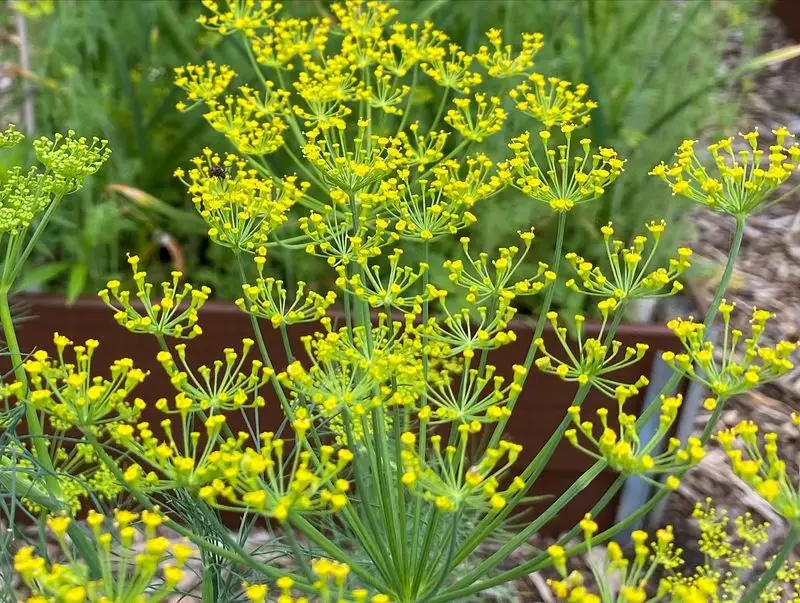
Dill’s journey through history is as fascinating as its taste. Used by ancient Egyptians as a remedy and by Greeks for its aromatic qualities, dill has been valued for centuries. Its medicinal applications spanned from treating digestive issues to easing insomnia. This herb has found its place not only in kitchens but also in traditional medicine cabinets. Dill’s historical significance highlights its enduring presence and the diverse uses it has had over time, from antiquity to modern day.

